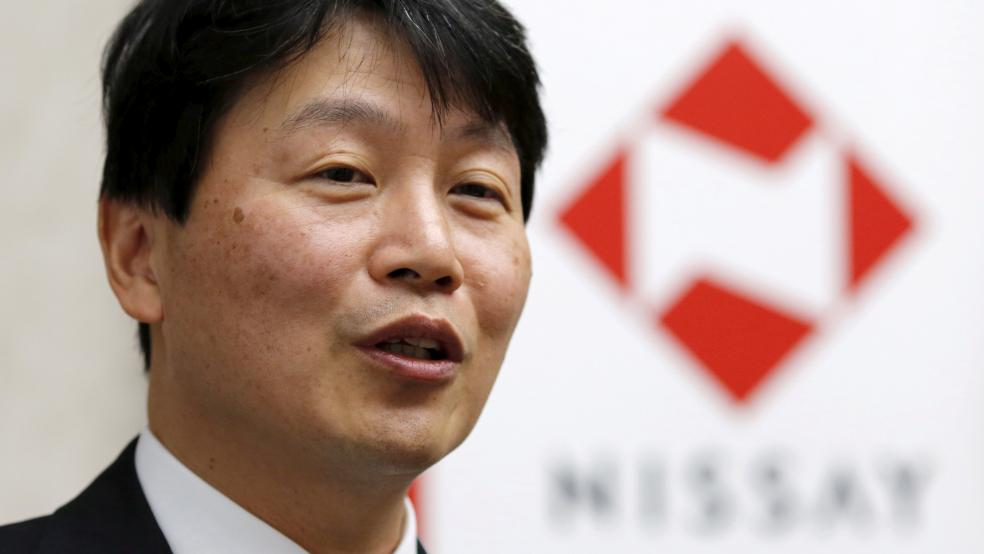TOKYO (Reuters) - Nippon Life Insurance, Japan's largest private insurer, thinks global bond yields have bottomed out and the company will buy domestic superlong government bonds only if their yields rise above 1 percent, its chief investment officer said on Thursday.
Hiroshi Ozeki also told Reuters in an interview that the insurer is looking to increase investment in infrastructure bonds, such as for toll roads and bridges, if there are more opportunities in the United States under President Donald Trump."Last year was a turning point (in the downtrend in global bond yields), as the costs of negative interest rates have become larger than their benefits, and policymakers also realized that," he said.After the U.S. Federal Reserve started raising rates in late 2015, the European Central Bank last year said it would reduce buying in bonds. The Bank of Japan also started a new policy framework in September -- a move seen as essentially aimed at cushioning the side effect of negative interest rates it introduced in January last year.This means 2017 will be a tough year for investment in bonds, especially in Japan, where total returns on bonds became negative for the first time in more than a decade this fiscal year, Ozeki said.Buying JGBs made sense only when yields on superlongs, such as 20- to 40-year bonds, rose above 1 percent, he added.The 40-year yield rose to a near 1-year high of 1.015 percent on Thursday but yields on shorter maturities still remained below zero percent. The 20-year yield stood at 0.690 percent.Among foreign bonds, which many Japanese institutional investors have been buying as an alternative to unattractive domestic bonds, Nippon Life is likely to buy more European bonds than U.S. bonds, Ozeki said.The French bond yield rose to 1 1/2-year highs this week on concerns over the upcoming presidential election."European bonds have higher yields after deducting the cost of currency hedging, for all of the concerns about European politics," Ozeki said. "We see the 'semi-core' eurozone countries still a good place to invest."The firm has total assets of 63 trillion yen ($560 billion). (Reporting by Tomo Uetake and Hideyuki Sano; Editing by Randy Fabi)Global bond yields hit bottom, JGBs still unattractive: Nippon Life CIO

TORU HANAI



